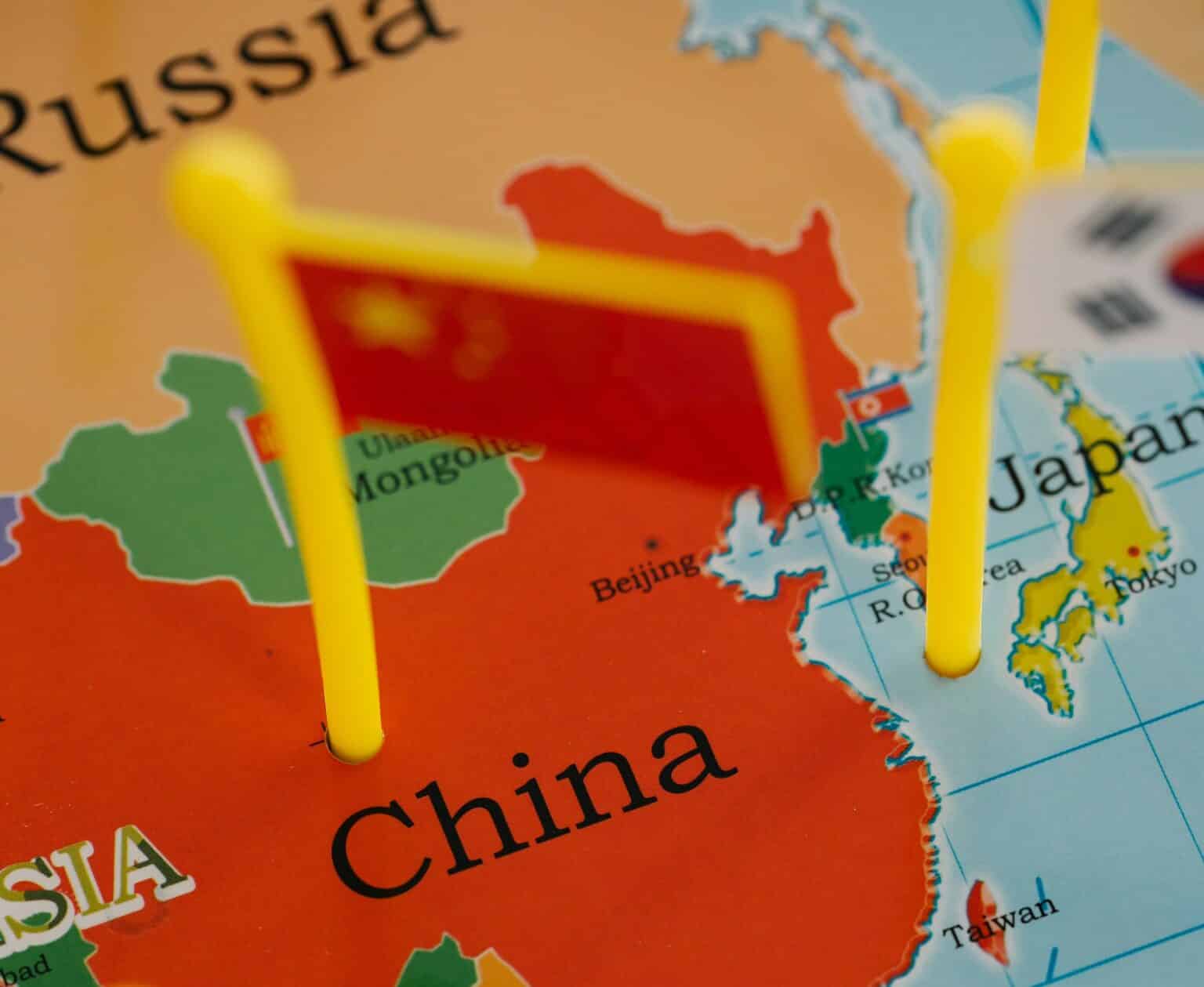The top diplomats of Australia, India, Japan and the U.S. put forth veiled but sharp criticism of China Friday amid rising tensions in the Indo-Pacific.
The remarks from the so-called Quad members of the Indo-Pacific came in both verbal public comments and in a written statement, both of which raised the issues of democracy, rule of law, maritime security and the peaceful settlement of disputes.
The veiled criticism came as Secretary of State Antony Blinken and his three Foreign Ministry counterparts were in New Delhi, India, which recently hosted this year’s G-20 summit. It further comes as China has become increasingly aggressive in the Pacific, including undertaking military exercises this past summer that blockaded its island neighbor Taiwan’s major ports. Taiwan’s Foreign Minister asserted at the time that China was using the exercises as a “game plan” for invasion.
“We strongly…oppose any unilateral attempt to change the status quo, all of which are essential to the peace, stability and prosperity of the Indo-Pacific region and beyond,” the diplomats said in their joint statement.
In Beijing, China’s Foreign Ministry blasted back at the Quad, saying that “cooperation among countries should conform to the trend of the times for peace and development and should not engage in exclusive cliques.”
Chinese ally Russia has meanwhile accused the U.S. of “trying to militarize Quad,” echoing an accusation often made by China that the U.S. is attempting to set up a NATO-like alliance in Asia.
That charge follows a warning from the White House that there would be “consequences” if China follows through on suspicions that it plans to arm Russia with “lethal support” in its war against Ukraine.
The other three diplomats acknowledge that despite signing off on the Quad’s statement, India has complicated, long-standing close ties with Russia. India has reacted cautiously this past year to the war in Ukraine.
Speaking at a post-G-20 event in India, the four diplomats maintained that the Quad does not seek to antagonize China, but rather to promote democracy, good governance, transparency and digital security, as well as global health and disaster relief.


